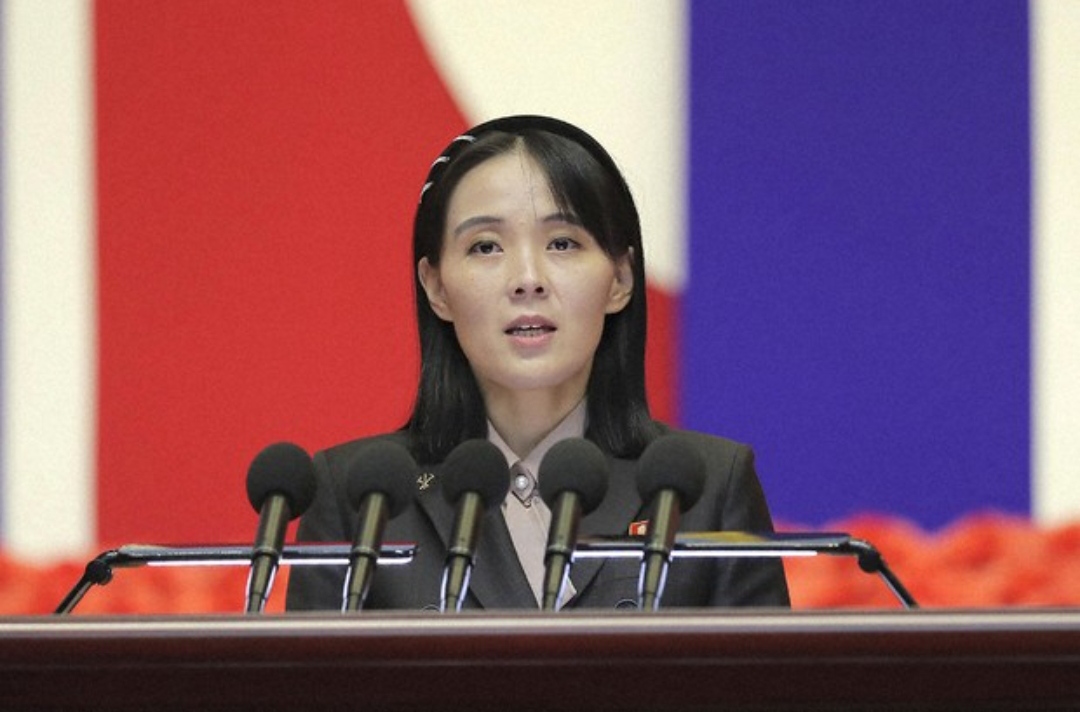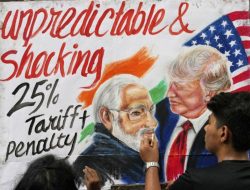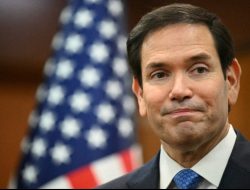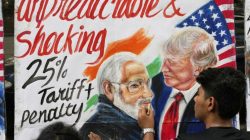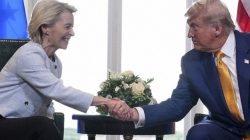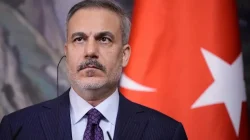North Korea has firmly dismissed South Korea’s latest diplomatic approach, with Kim Yo Jong declaring that North Korea rejects peace offer proposals “regardless of form.” Her statement suggests that Pyongyang remains committed to aligning with Russia, sidelining talks with Seoul or Washington.
“No matter what policy is adopted or proposal is made in Seoul, we have no interest,” Kim Yo Jong said via state media.
South Korea’s Outreach Efforts Fall Flat
The comments marked Pyongyang’s first official reaction to the administration of President Lee Jae Myung, who assumed office in June. His government has halted loudspeaker broadcasts near the border and banned balloon propaganda launches, both of which aimed to ease tensions.
Seoul also repatriated North Korean individuals who drifted south in boats — an act described by Pyongyang as a “sincere effort.”
Despite these gestures, Kim dismissed the moves, stating that Lee’s administration will not differ significantly from previous governments. She criticized Seoul’s “blind trust” in its alliance with the United States and its participation in upcoming joint military drills.
Pyongyang Shifts Focus Toward Russia
Since the collapse of nuclear talks with the U.S. in 2019, North Korea has intensified efforts to strengthen its nuclear arsenal. Now, the regime prioritizes military and economic cooperation with Russia.
According to U.S. and South Korean intelligence, Pyongyang supplies Russia with troops and weapons in exchange for military technology and resources. This cooperation raises concerns about North Korea’s nuclear ambitions.
Experts suggest that North Korea might reconsider diplomacy if its alliance with Russia weakens once the Ukraine war ends. For now, however, Kim’s tone signals no interest in reconciliation.
Trump and the Frozen Diplomatic Track
Former U.S. President Donald Trump has expressed willingness to restart diplomacy with Kim Jong Un, citing their past relationship. However, North Korea has remained silent on Trump’s recent statements.
Meanwhile, internal policy in North Korea reflects a hardened stance. In early 2024, Kim Jong Un ordered constitutional changes that removed the goal of peaceful unification and declared South Korea an “invariable principal enemy.”
This move stunned many foreign analysts. It appears to abandon long-standing aspirations for Korean reunification and instead designates the South as a hostile foreign state.
Strategic Isolation or Tactical Posturing?
Analysts believe Kim’s shift serves multiple purposes: to reinforce his family’s dynastic rule, protect North Korea’s cultural sovereignty, and create a legal framework for targeting the South with nuclear weapons.
By redefining South Korea as an external enemy, Pyongyang eliminates the ideological need for peace talks. This approach also allows the regime to reject unification efforts while maintaining internal control.
